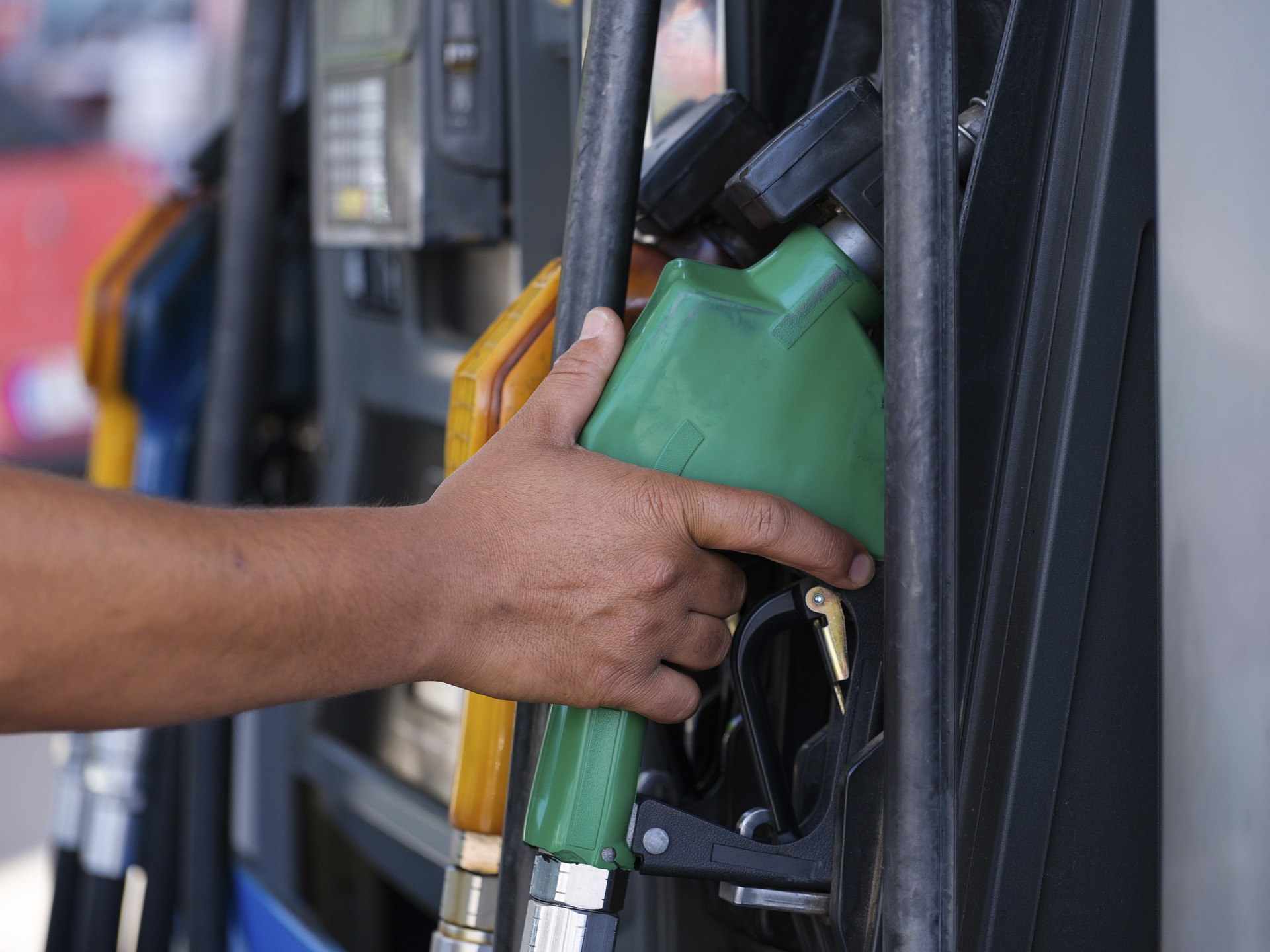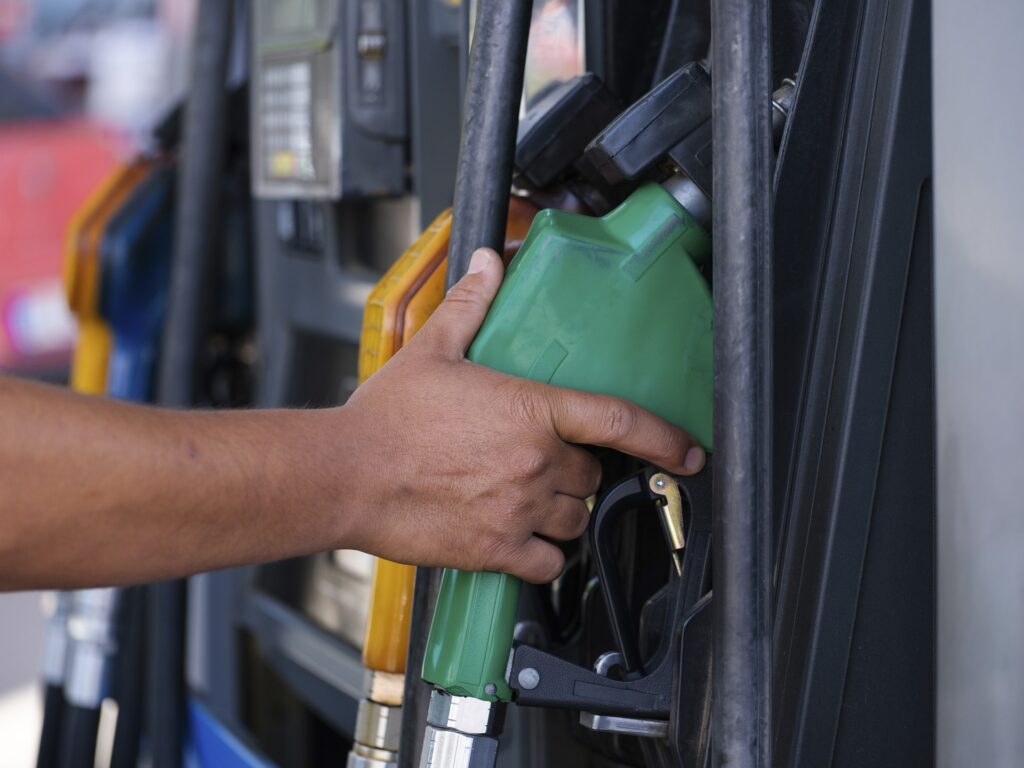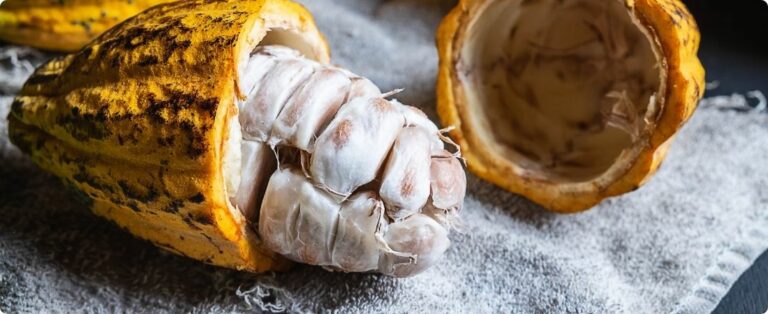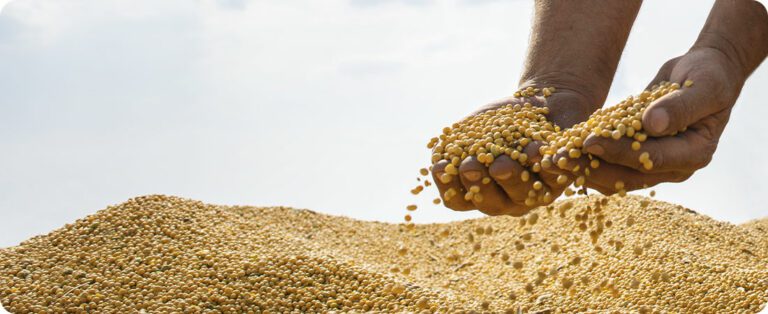
Image: Pixabay
Each additional percentage point of biodiesel in the diesel mixture generates greater production of soybean meal and oil.
While the resumption of the progressive increase in the content of biodiesel added to fossil diesel is being discussed, inflation in January in Brazil registered a growth of 0.53% driven by the price of food, as reported by IBGE last Thursday (9).
{module Form RD}
The scenario could be a little different if, instead of the current 10% (B10), the biodiesel mixture was greater, since the production of biofuel stimulates the processing of soybeans and, therefore, soybean oil, its main raw material. -raw, thus increasing the supply of bran for animal feed, which results in better prices for products such as meat, eggs and dairy products.
In the final report of the Technical Group for Agriculture, Livestock and Supply, released at the end of December 2022, the government states that “In this sense, at current prices, the increase from 10% to 15% would imply a variation in diesel prices for consumers.” at the pump” of 5 cents per liter, an estimated impact on the IPCA of 0.002 percentage points. However, the increase in the biodiesel mixture provides an increase in the production of soybean meal to be consumed by animal protein chains, with a consequent price reduction equivalent to 0.25 pp of the IPCA, thus helping to reduce inflation from 0. 23 pp of IPCA”. It is also worth mentioning that the impacts of biodiesel on diesel were also calculated considering the IGP-M. In this case, the increase of 1 pp of biodiesel in the mixture would generate a direct and indirect impact of just 0.01 pp on the index, that is, an effect much lower than the gain provided to the consumer.
The Brazilian Association of Vegetable Oil Industries (ABIOVE) reinforces that each additional percentage point of biodiesel in the mixture generates greater bran production. Observing the historical statistics, collected and maintained by the association, the movement that more biodiesel leads to more food is confirmed. This analysis starts from the annual crushing of soybeans in the country in two distinct intervals: from 1990 to 2007 and from 2008 (when the National Biodiesel Production and Use Program – PNPB began) to 2022. Between 2008 and 2022, 90 million tons of soybeans were crushed more due to biodiesel. This represents around 16% of the total processed in the period (502 million tons).
The resumption of biodiesel mixing this year could also increase the production of soybean oil, a product with a large presence on Brazilian tables, by more than five hundred thousand tons. ABIOVE's most recent projections for the current harvest point to a production of more than 40 million tons of soybean meal and 10.7 million tons of oil, record volumes. It is worth mentioning that the entity prepared its surveys considering the resumption of the schedule for mixing biodiesel with commercial diesel at 15% (B15), starting in March, as provided for by law.
Source: datagro
















